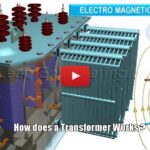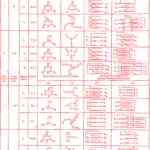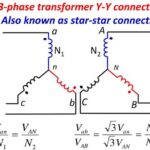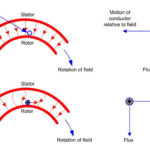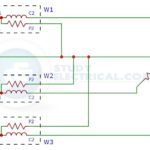A three-phase system is universally employed for a generation, transmission, and distribution of electric power. There are several reasons for why three-phase systems are more commonly used over higher phase (four-phase or six-phase) systems. Simply we can say that a three-phase system is more efficient over other phase systems.
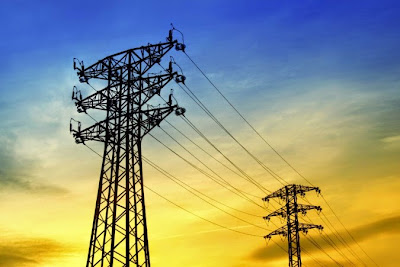 The Increase in efficiency means an increase in the output power of a machine. The power output of the machine increases with increasing the number of phases of the system. So the output power of two-phase is more than that of the single-phase system. Three-phase power output is much higher than two-phase. Also power output of four-phase and higher than previous ones.
The Increase in efficiency means an increase in the output power of a machine. The power output of the machine increases with increasing the number of phases of the system. So the output power of two-phase is more than that of the single-phase system. Three-phase power output is much higher than two-phase. Also power output of four-phase and higher than previous ones.
Now one question comes to our mind ‘Why the three-phase system is used over more efficient four or five-phase systems?’.
The reason for choosing three-phase is dependent on the percentage of increase in output power on increasing the number of phases.
- If a two-phase system is employed in a machine the output of the machine increase by 41.4% over the single-phase system.
- If a three-phase system is used, a 50% increase is observed in the output of the machine.
- If the number of phases in increased from three to a large number, the increase in output is only 7%. And it will cause complications.
- Considering the power output, the three-phase system is more economical over higher phase systems.
- Two-phase supply and six-phase supply, when required, is obtained from 3 phase supply.
Hence, three-phase systems are most commonly used over higher phase systems.

